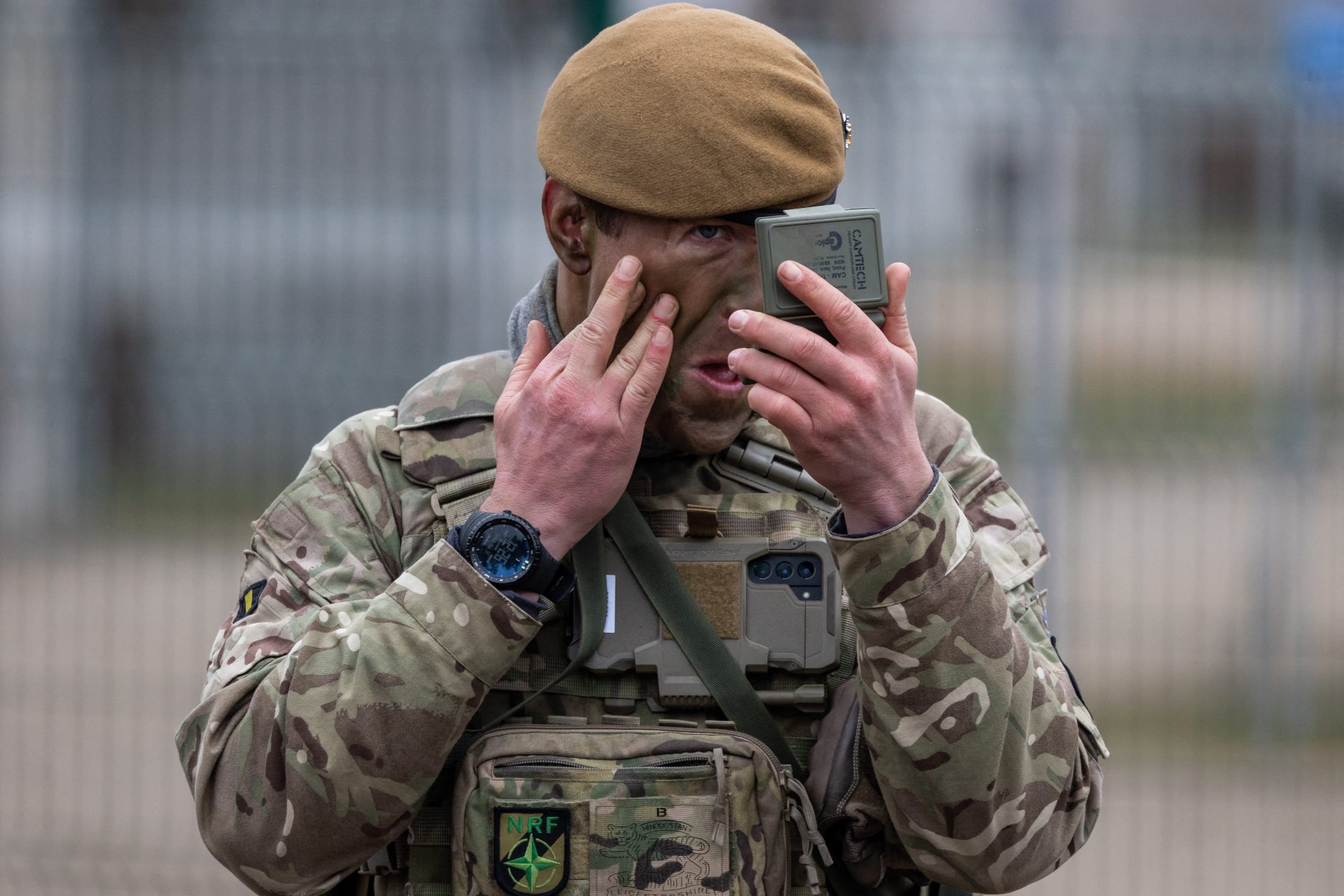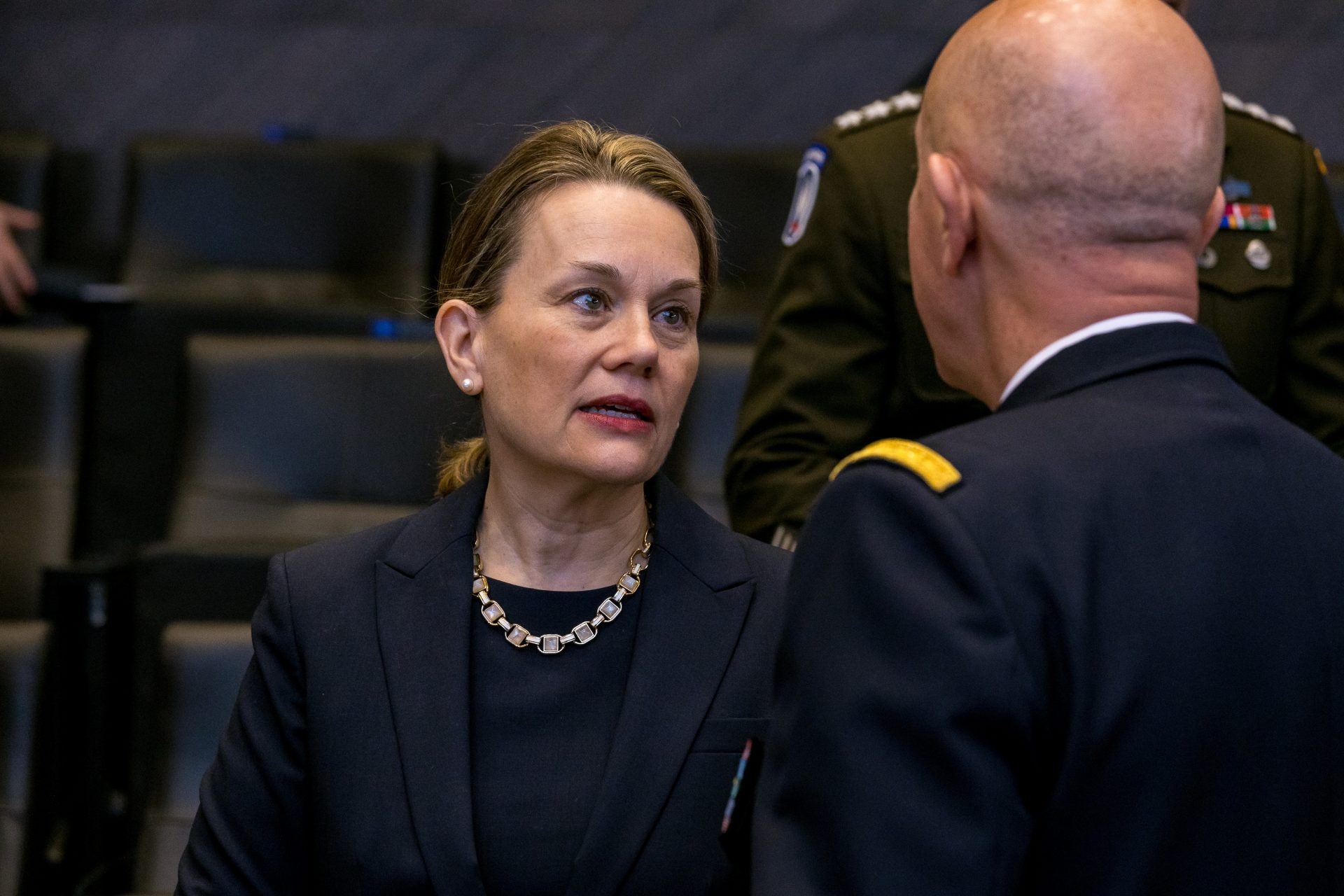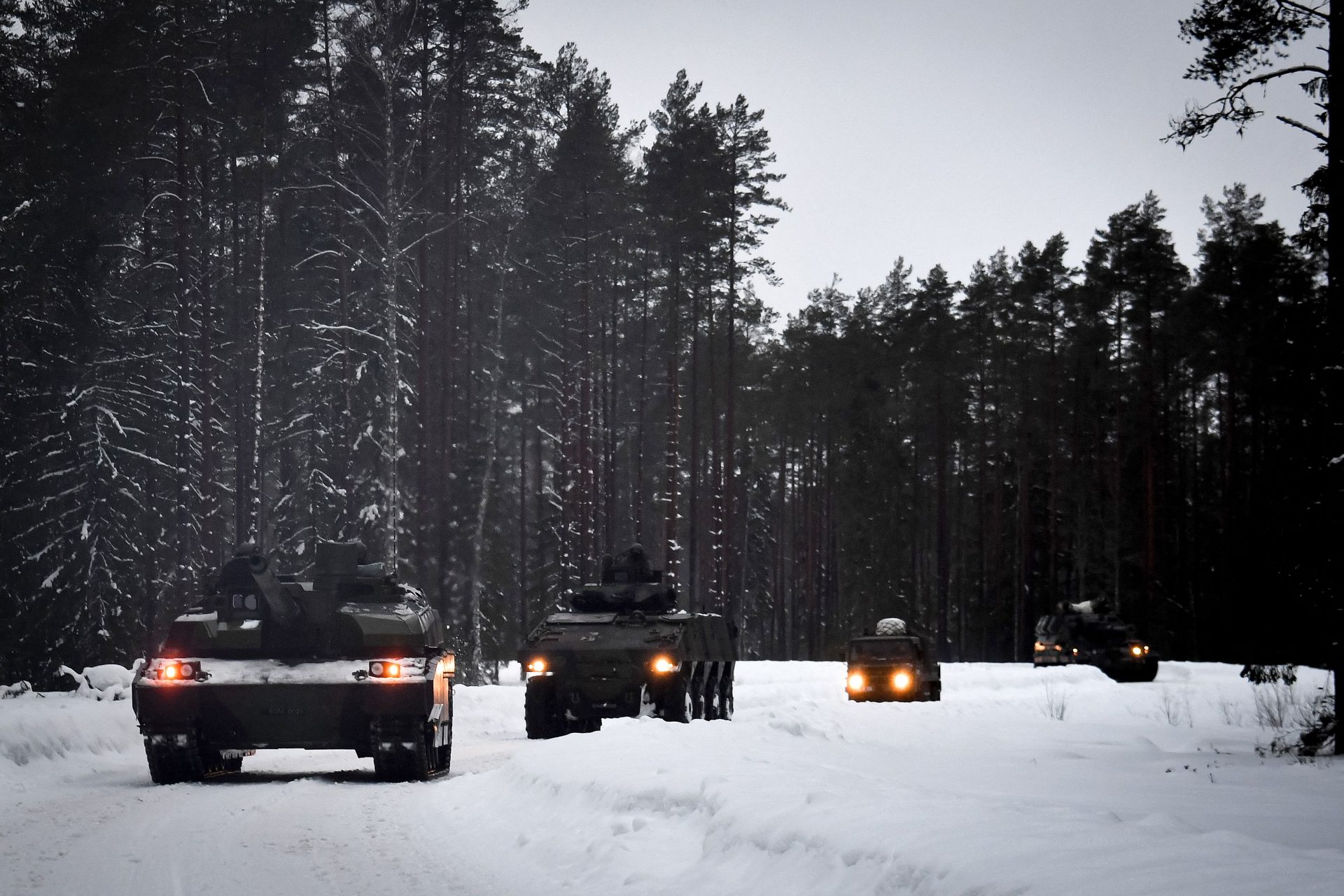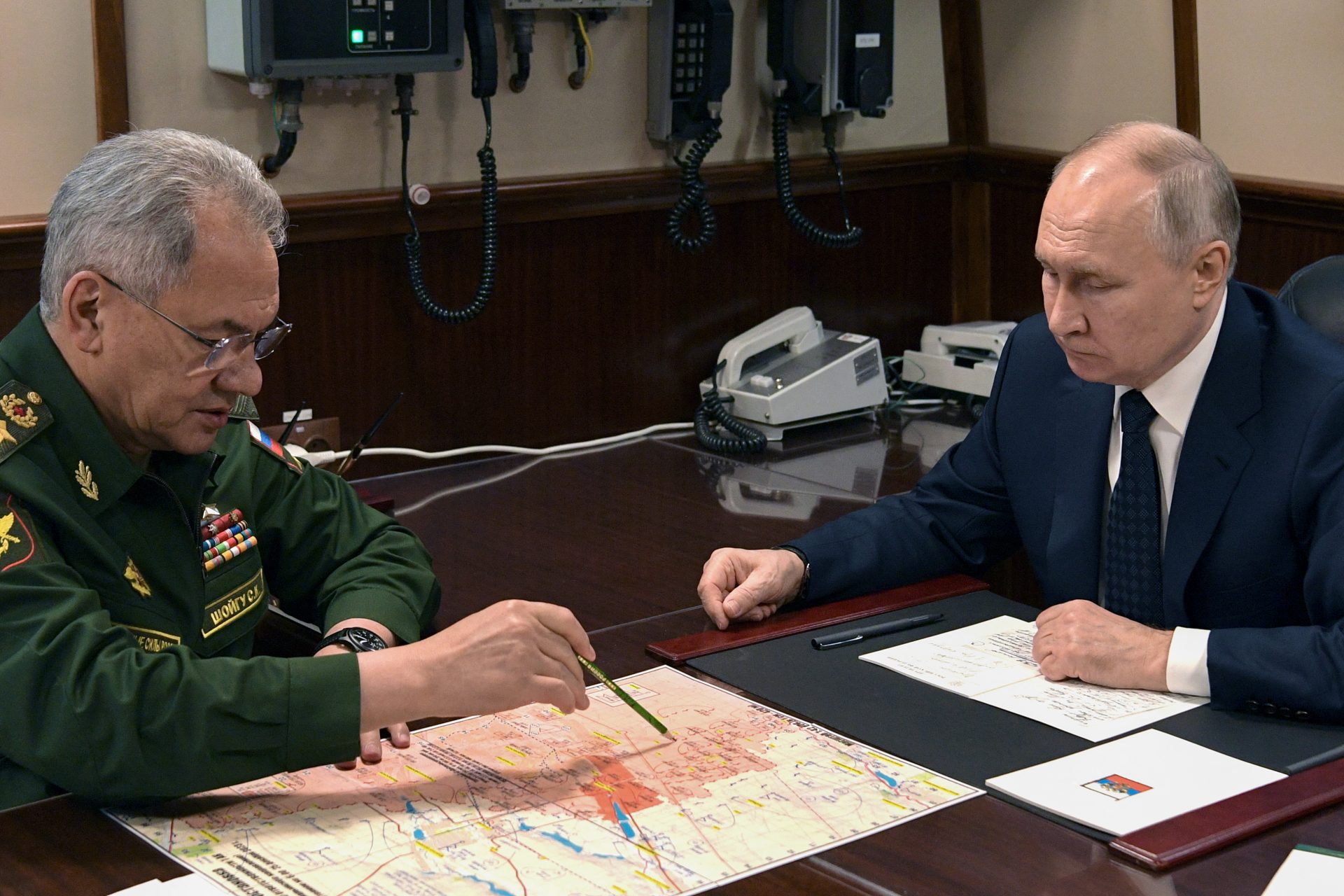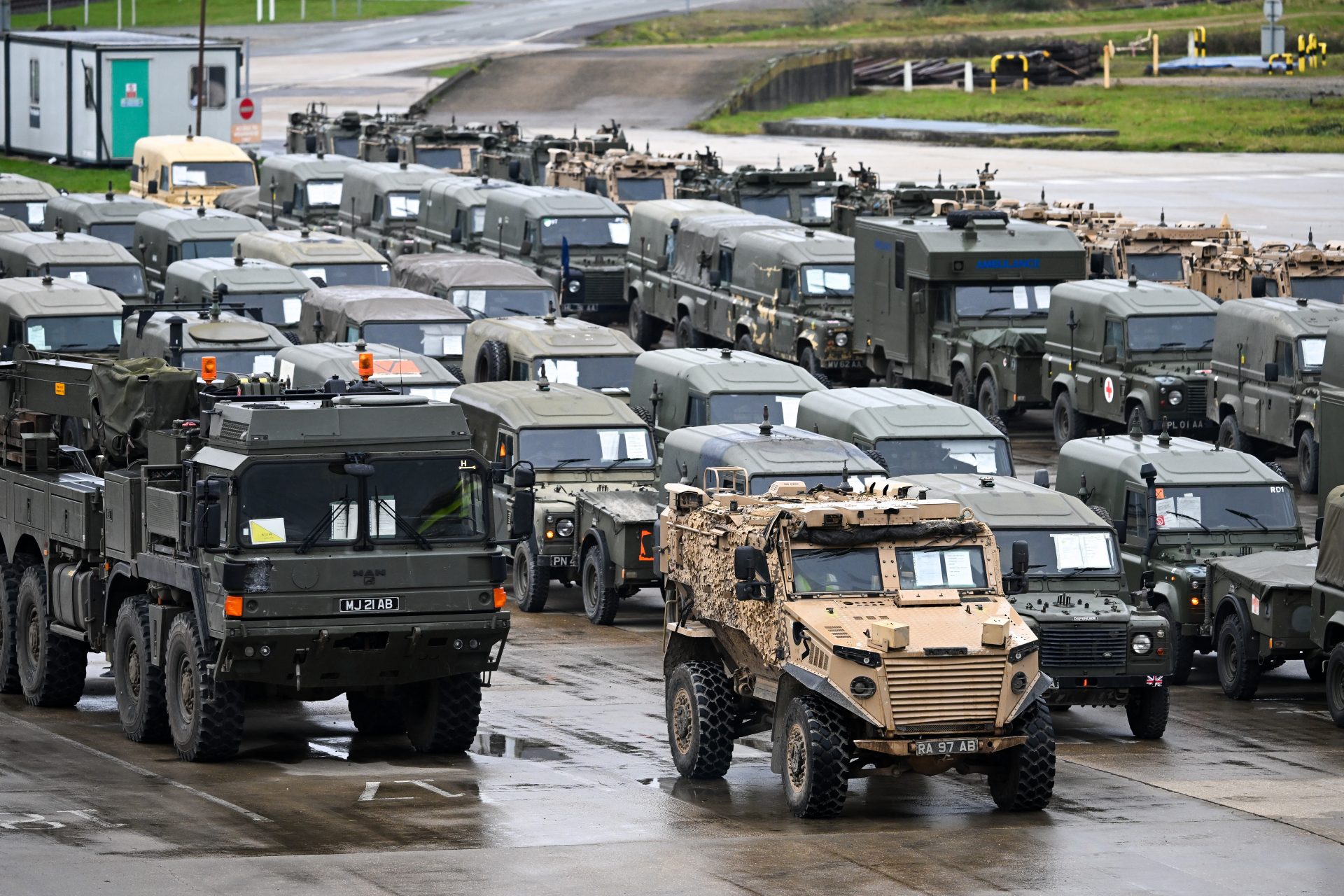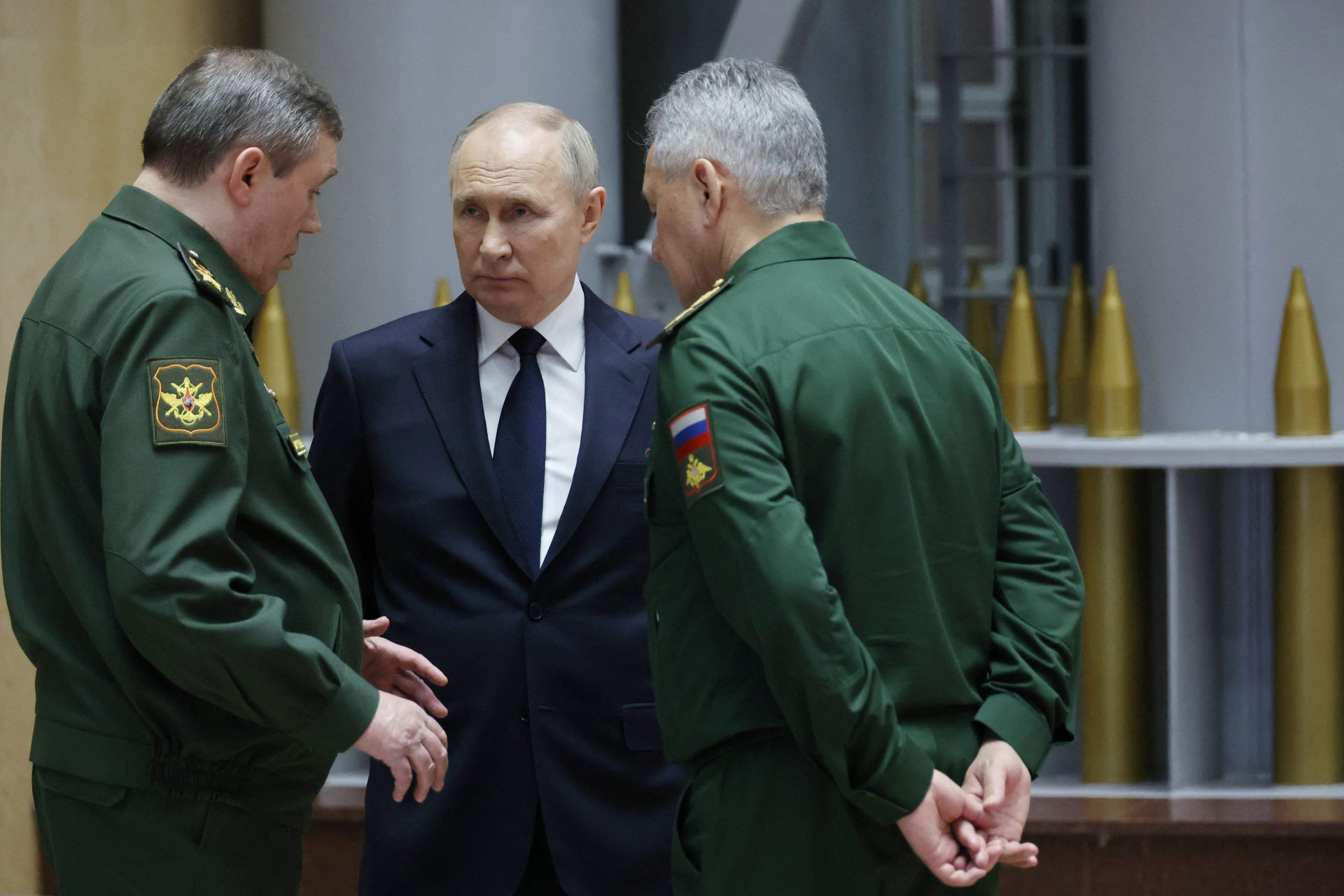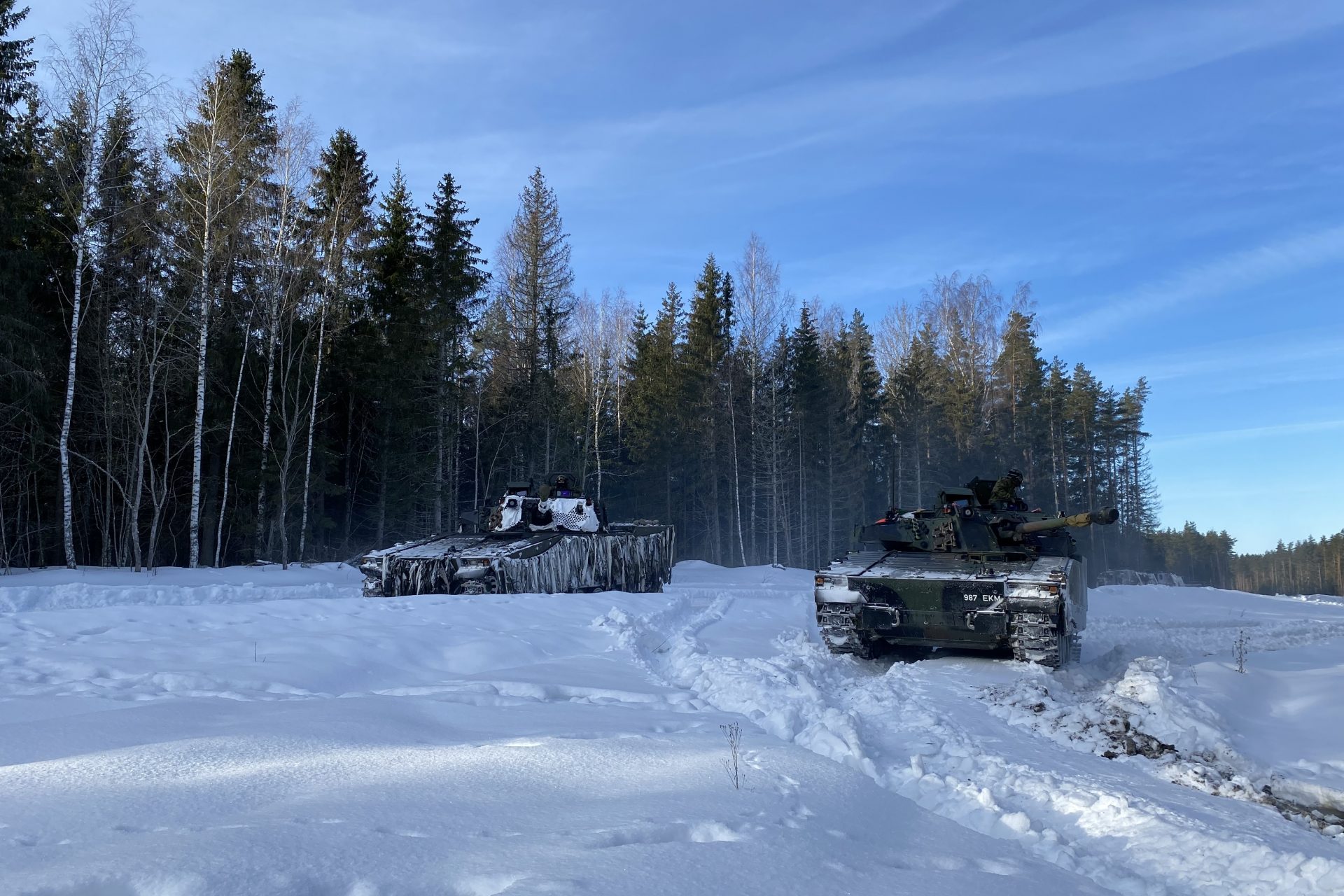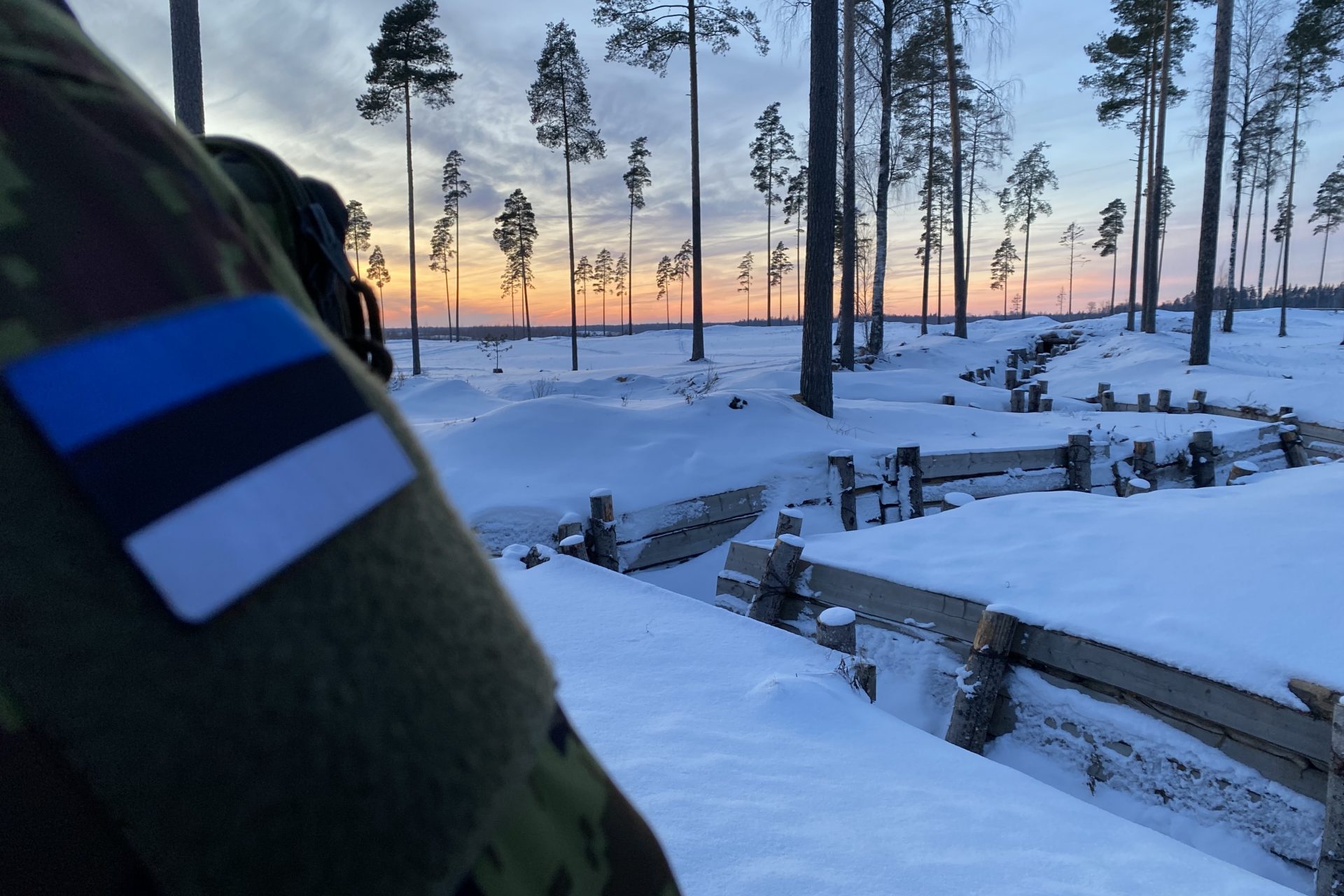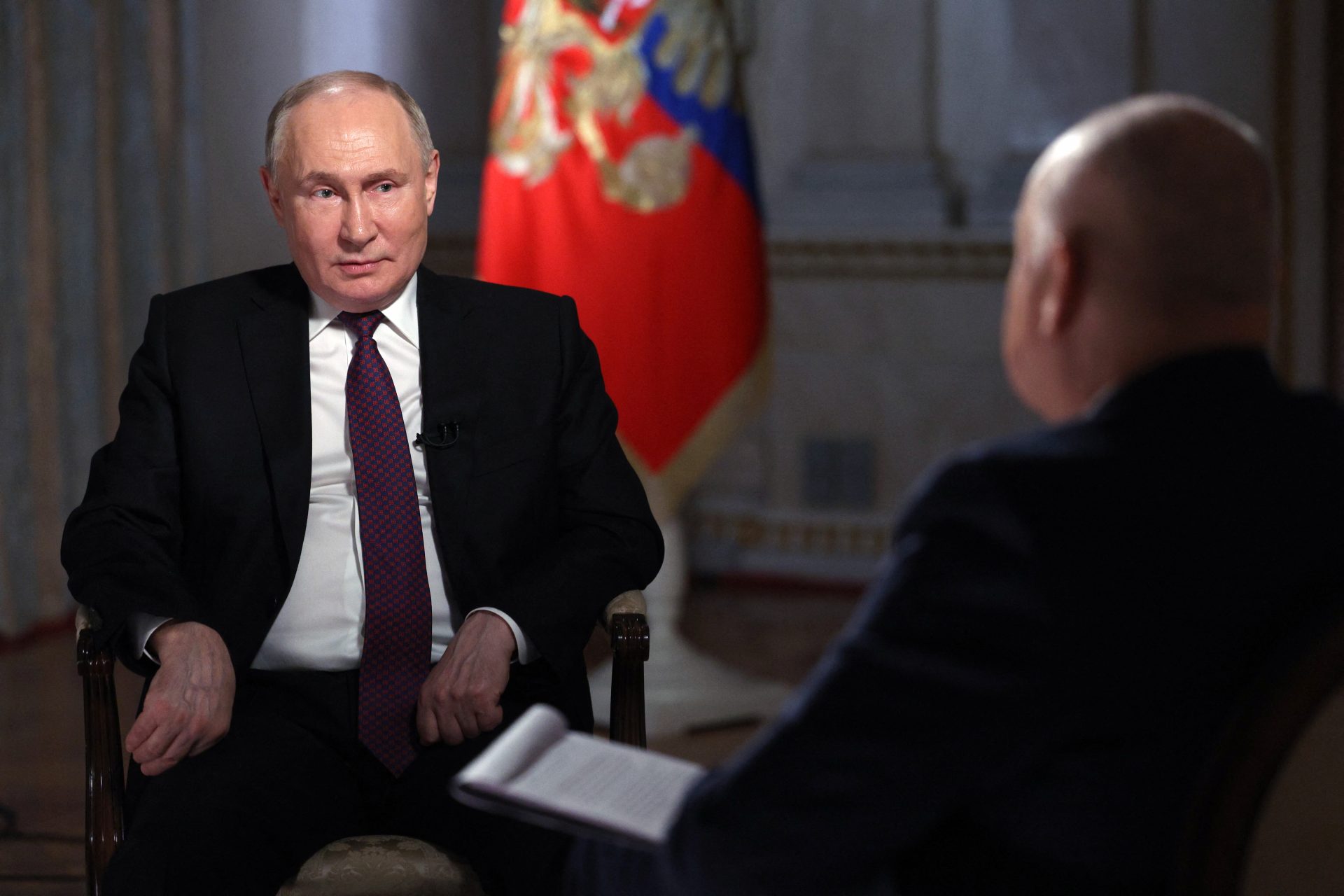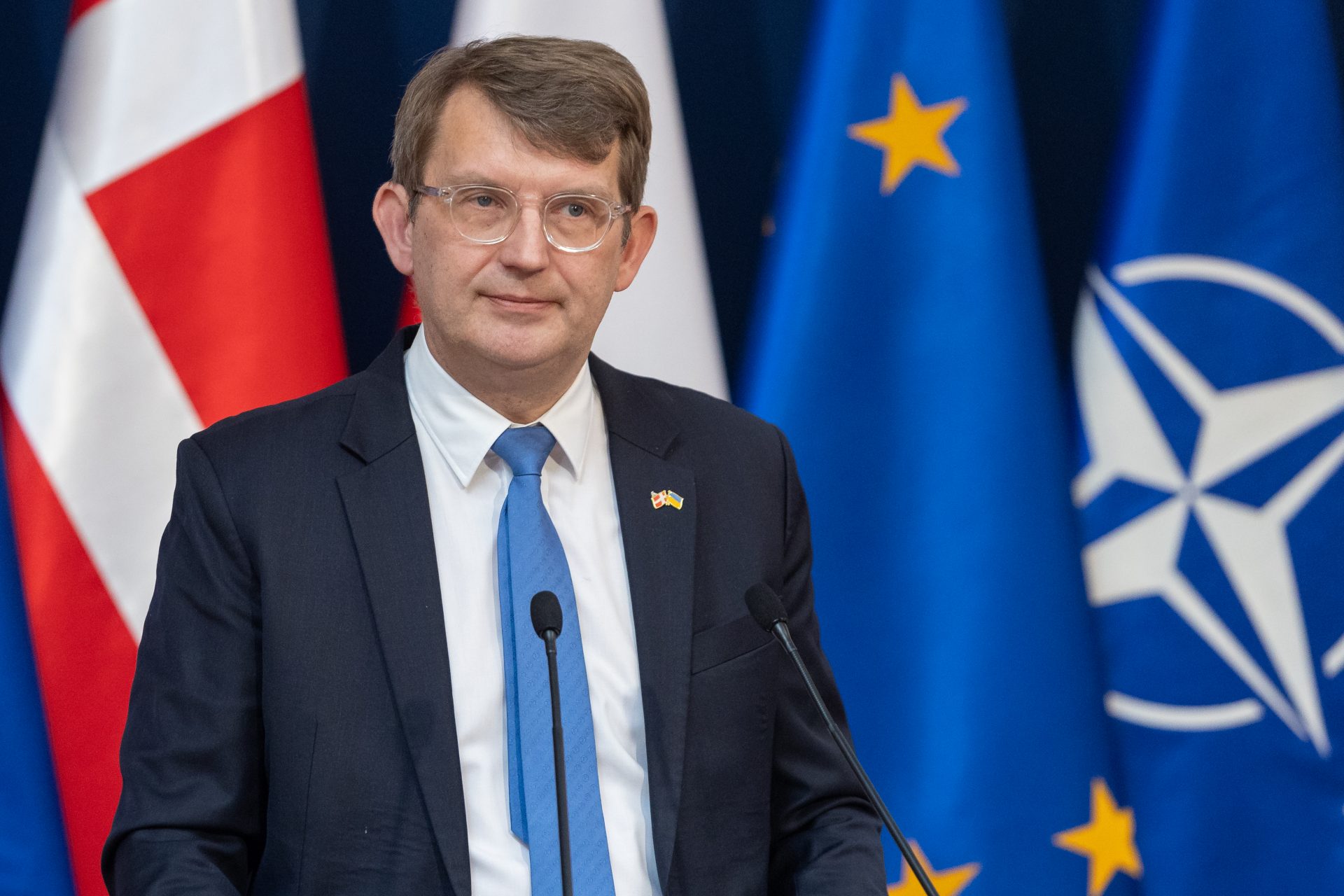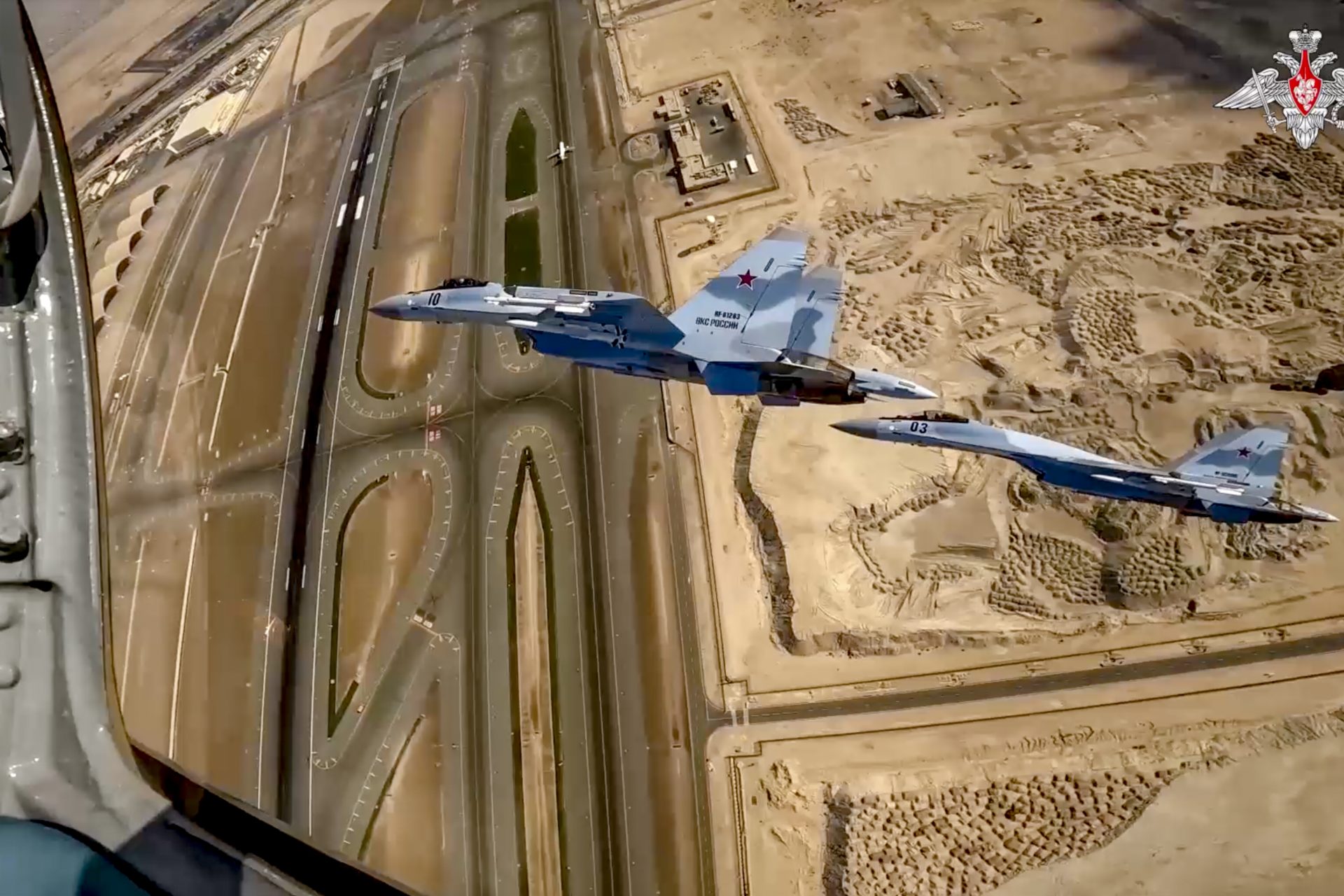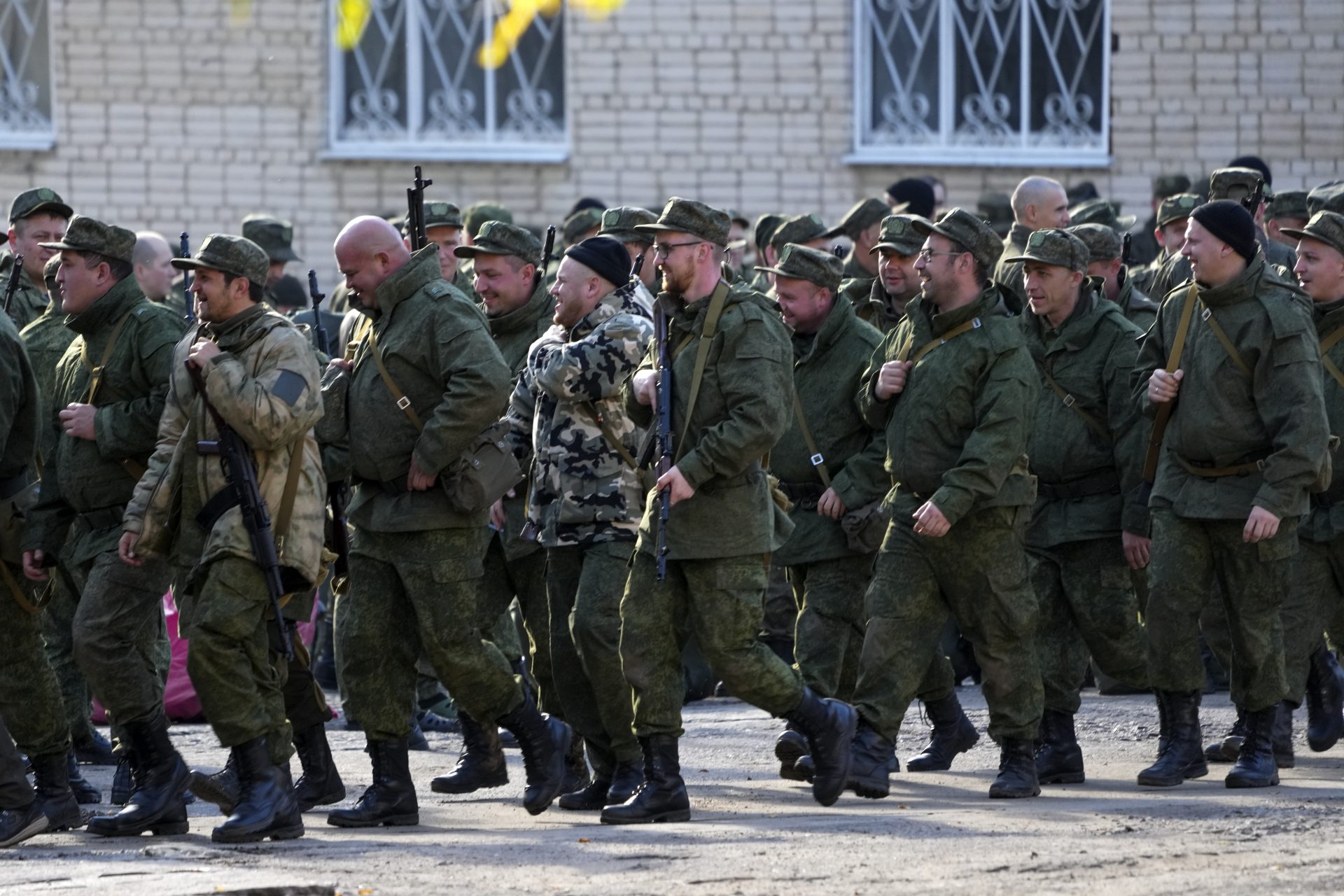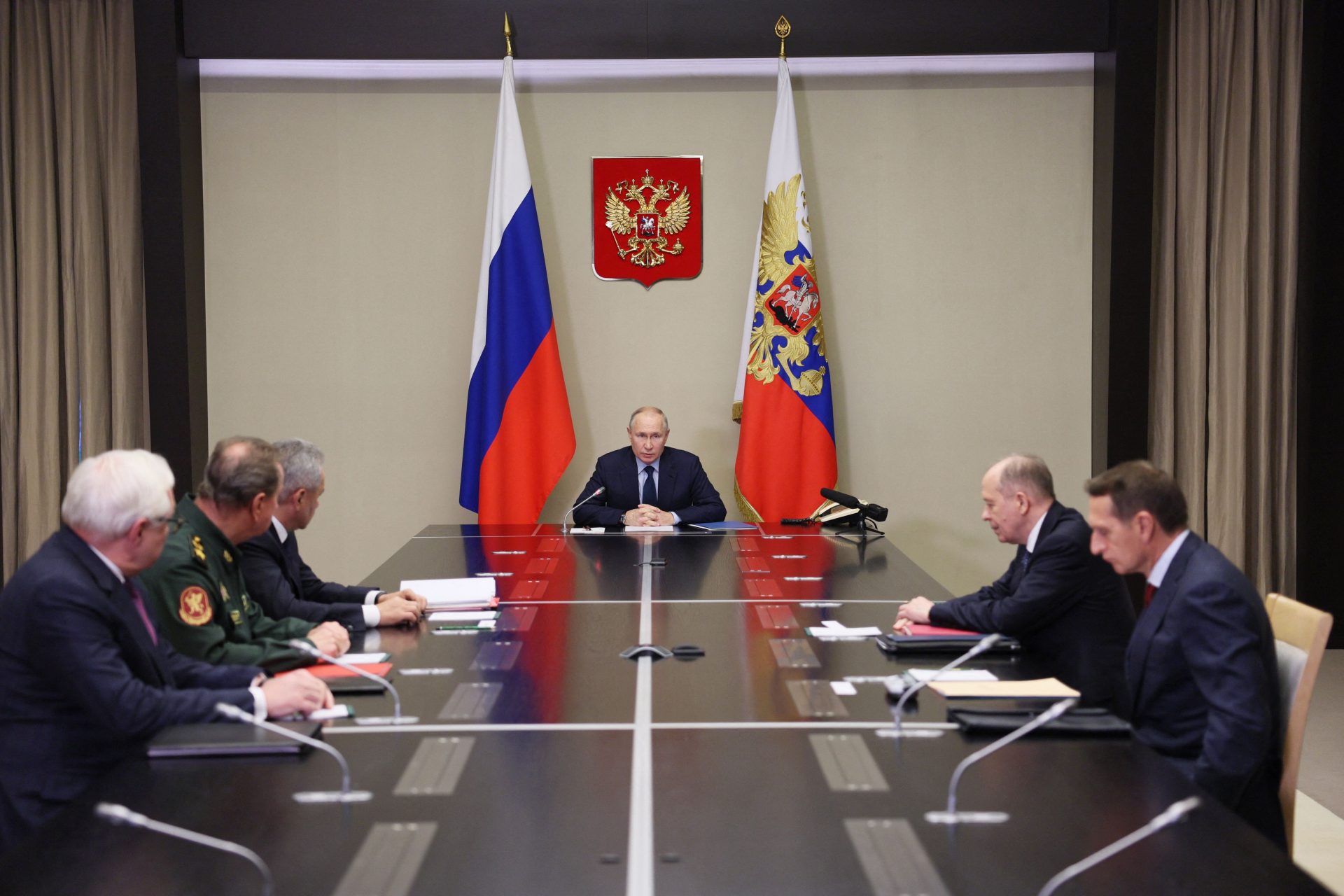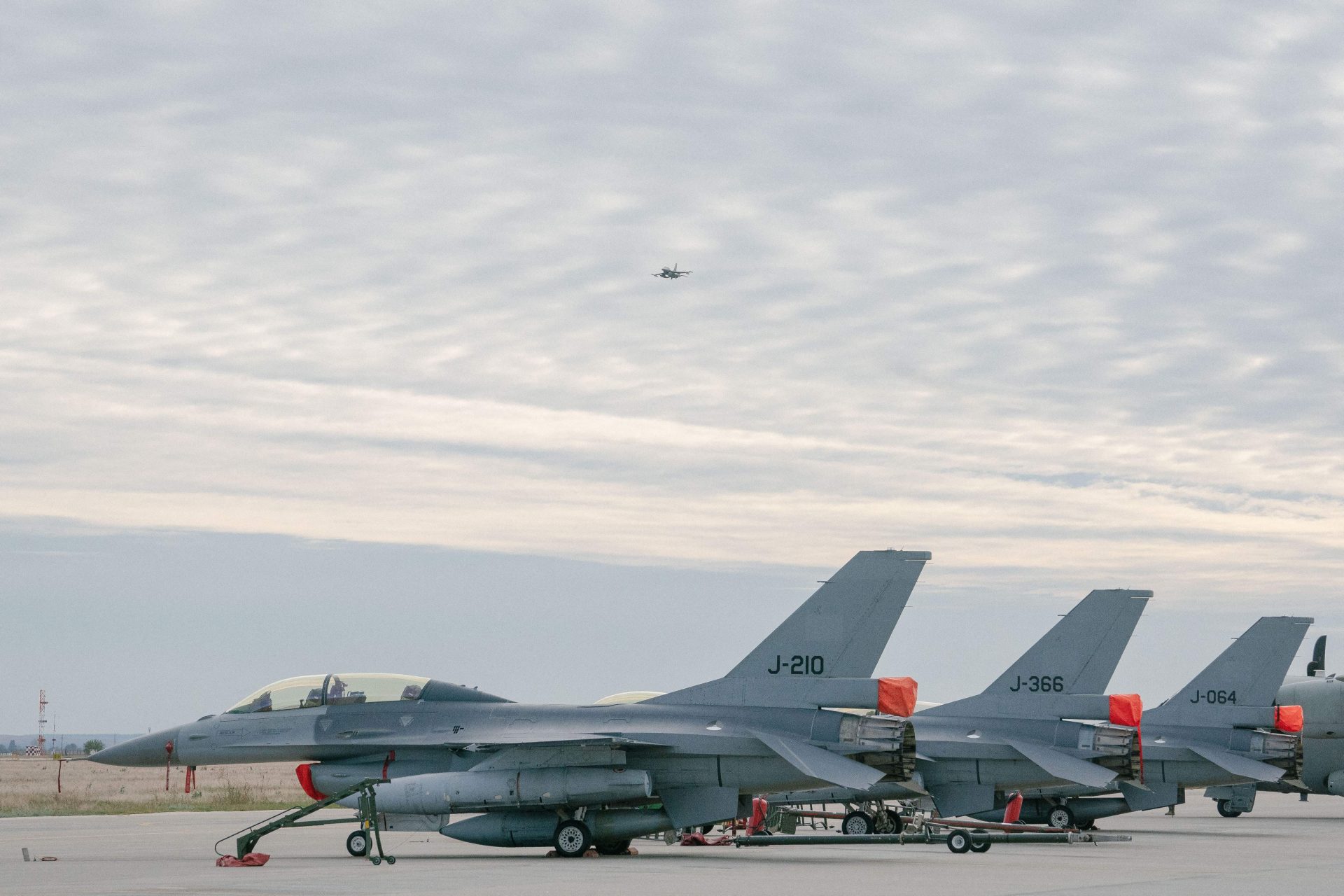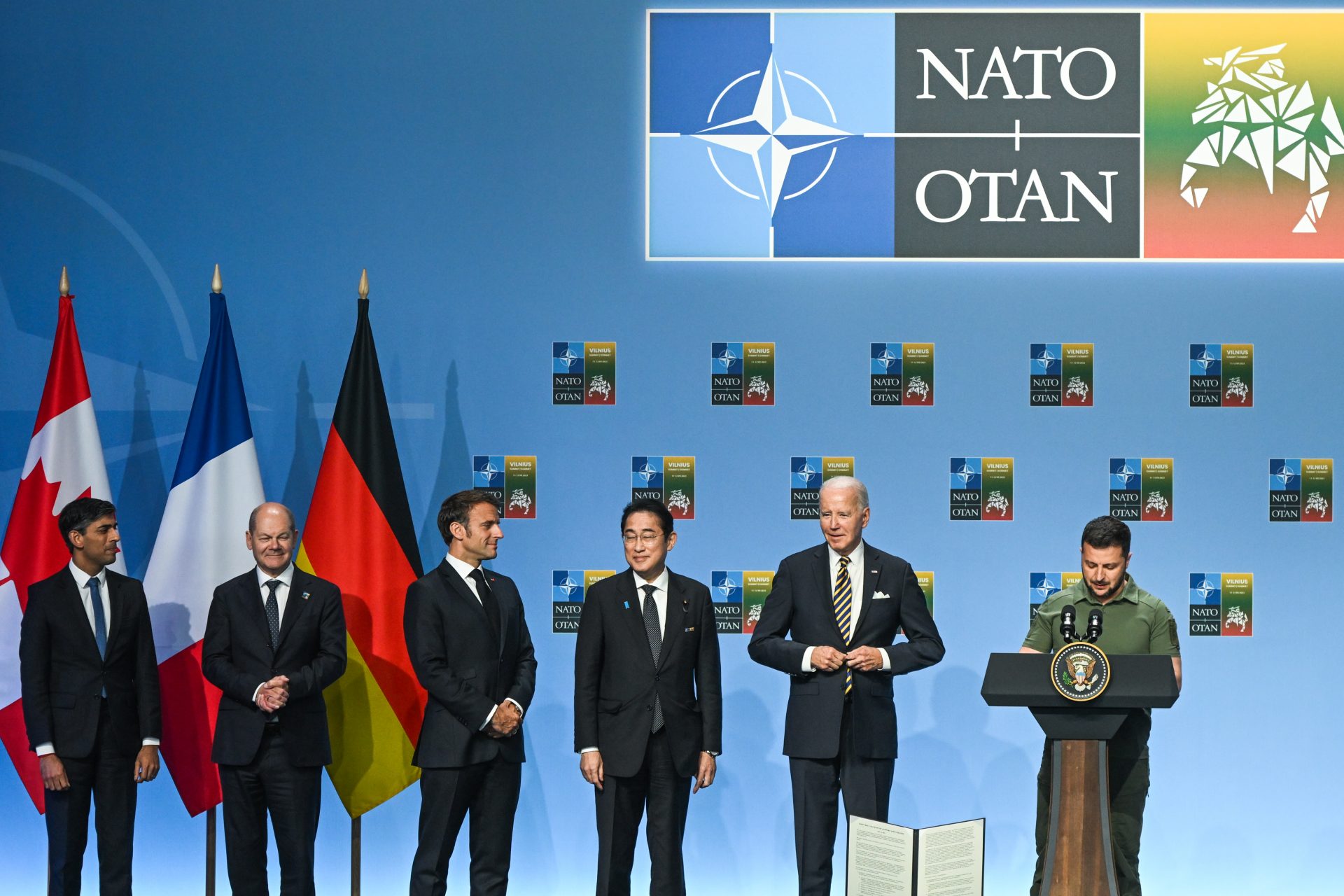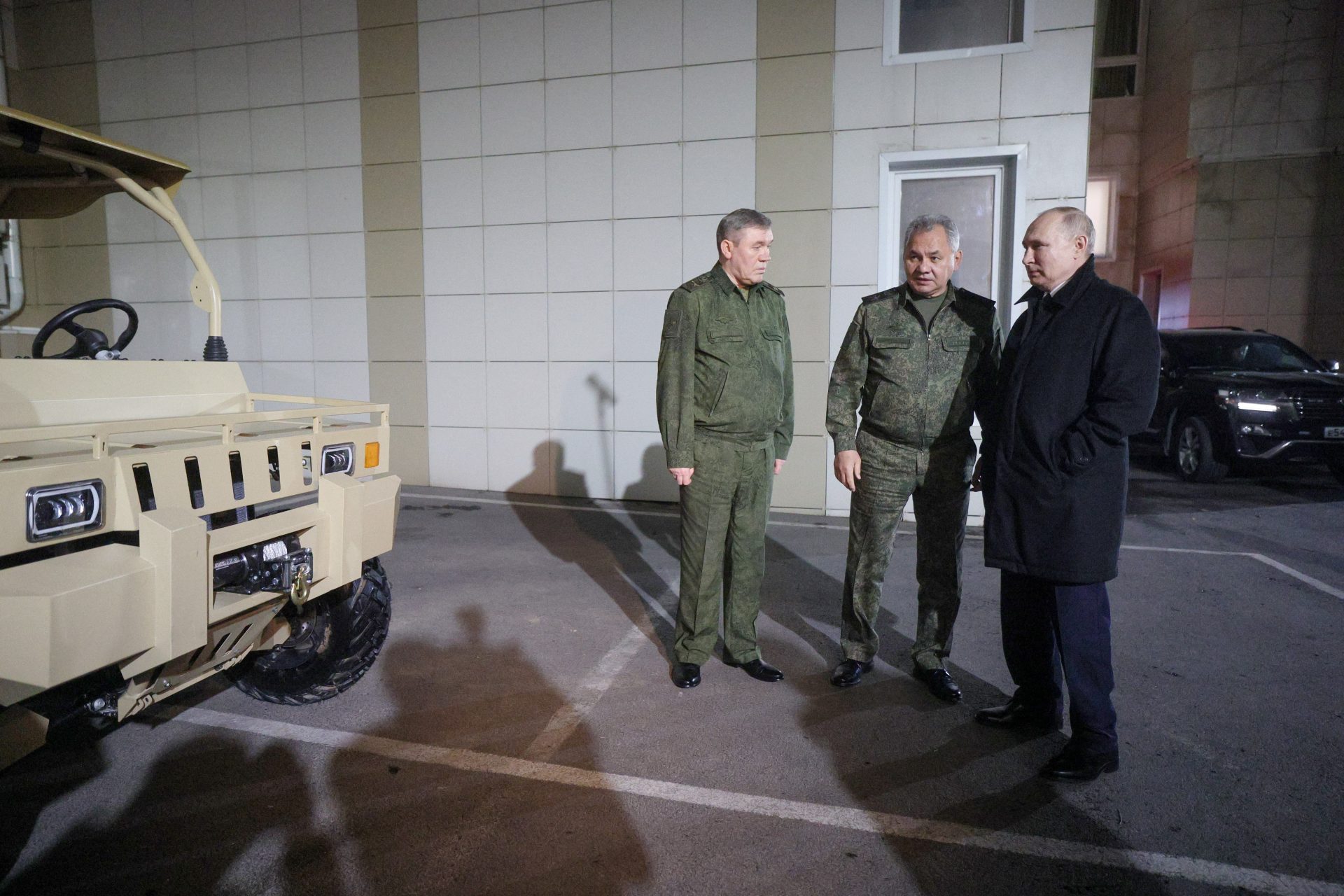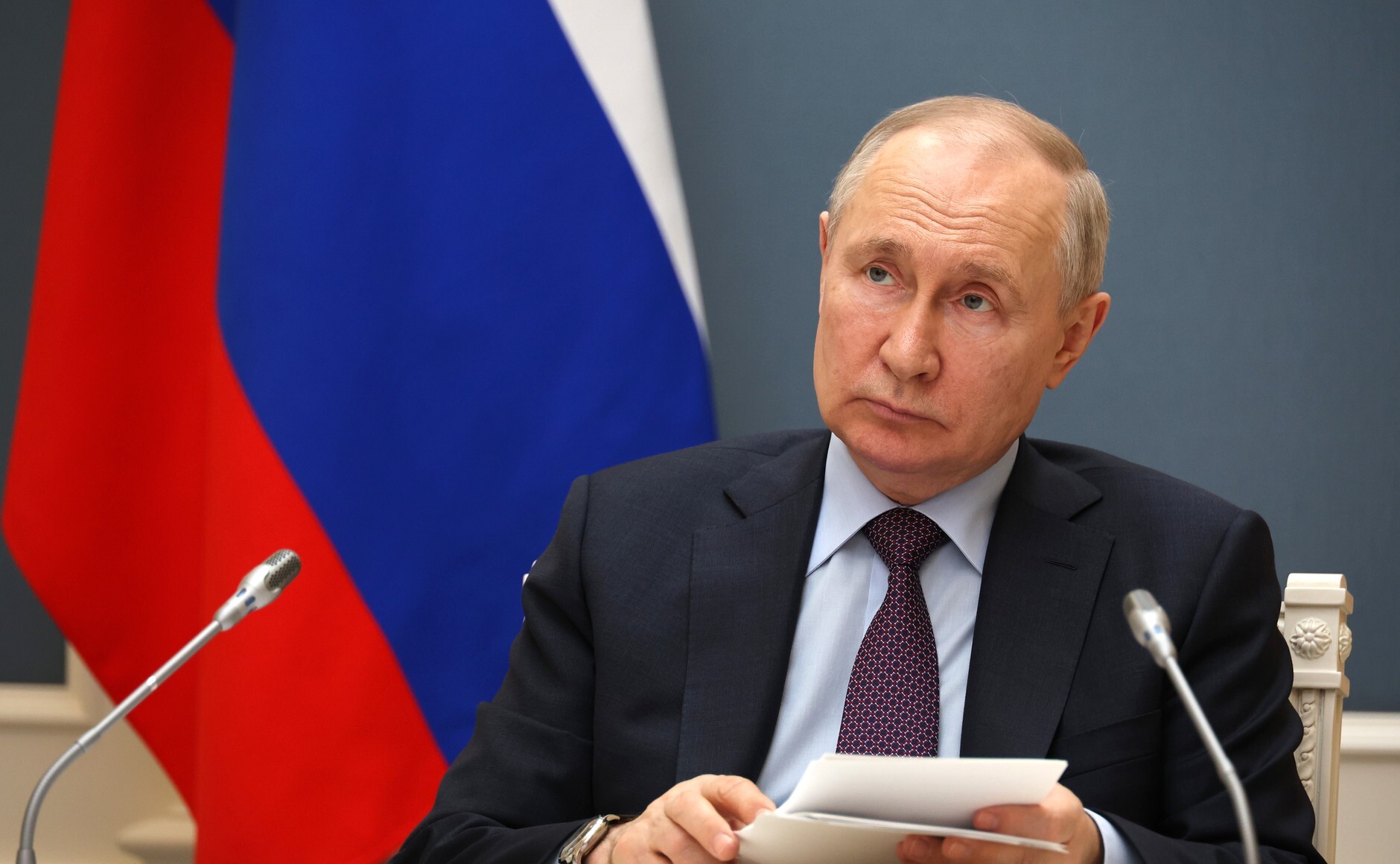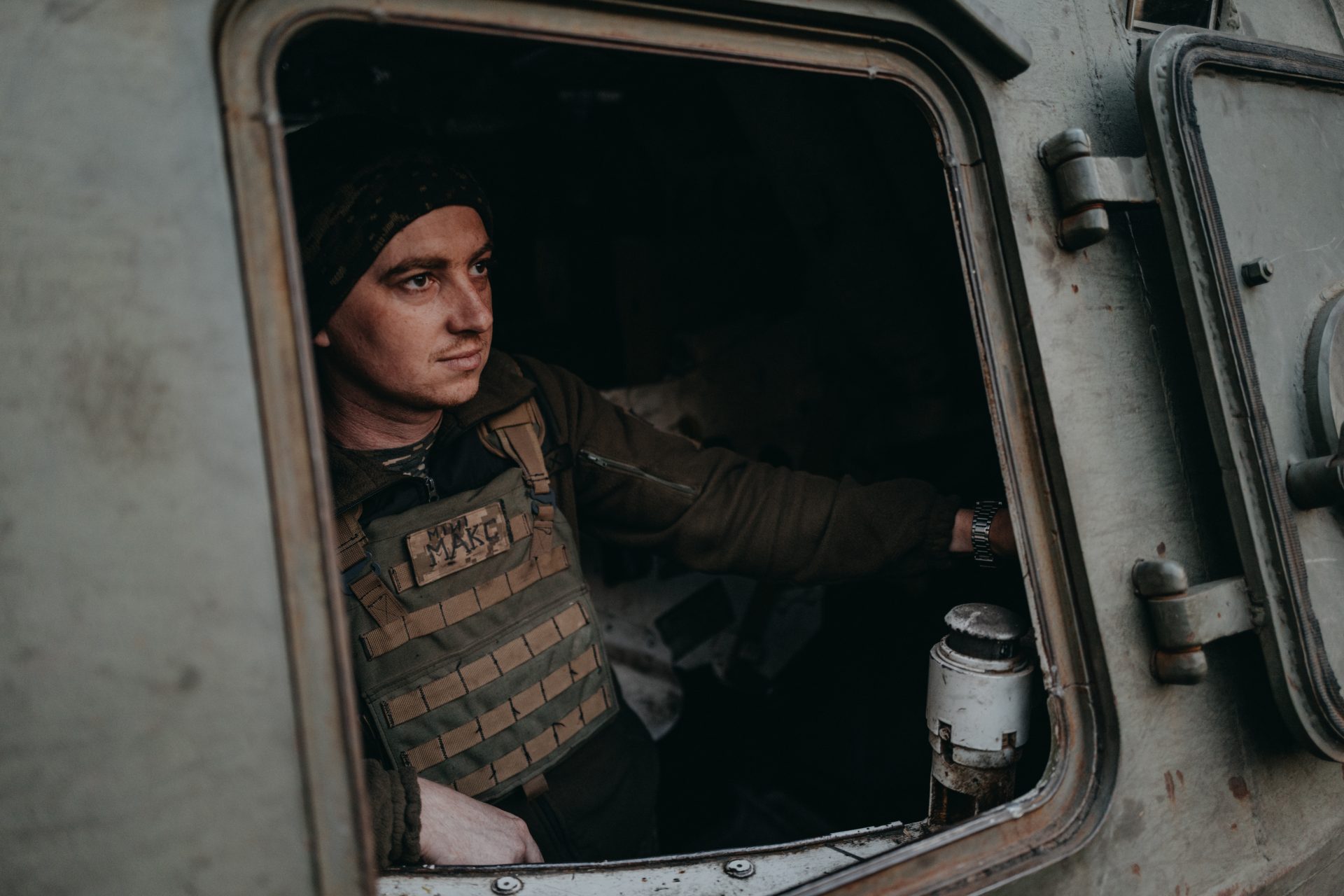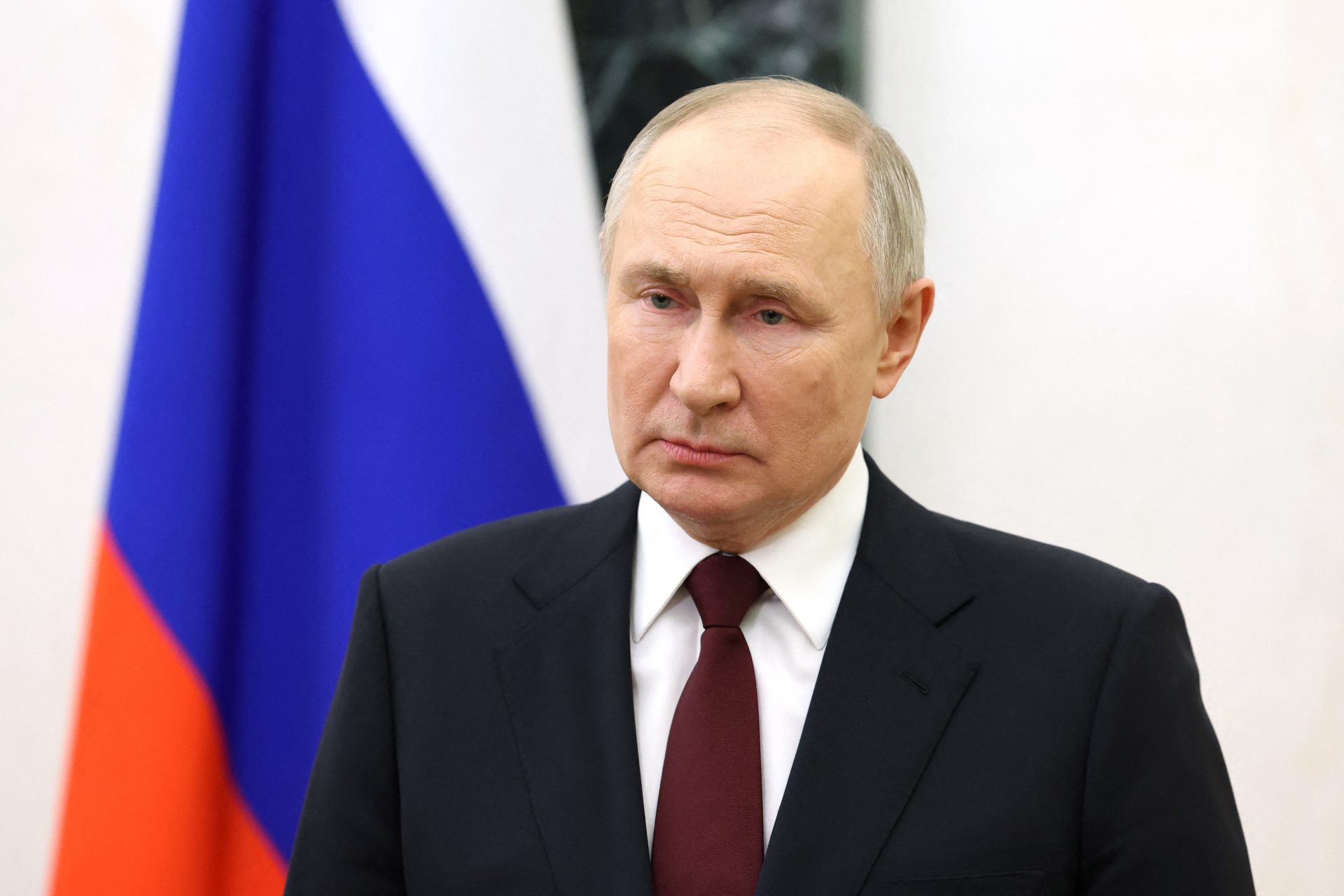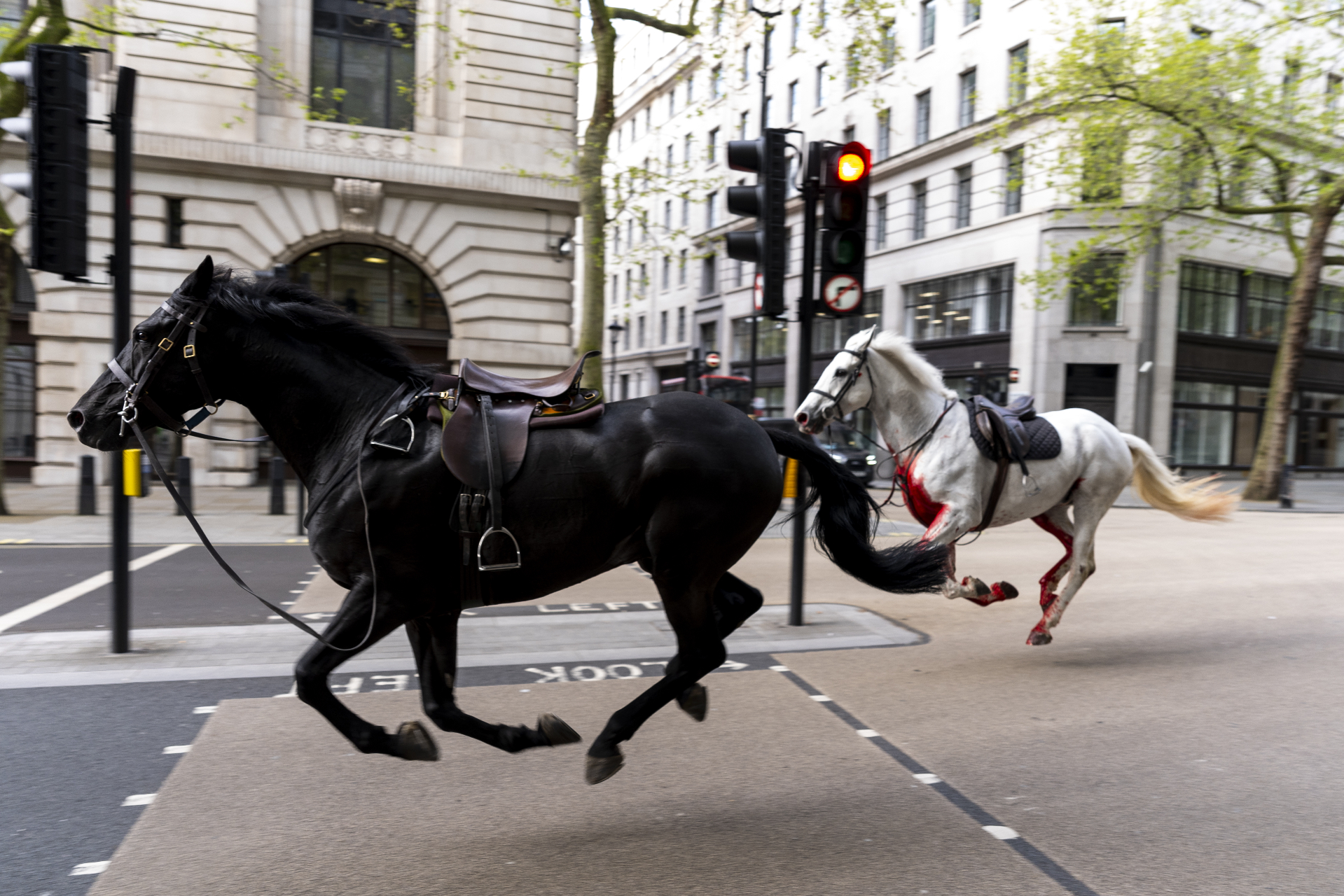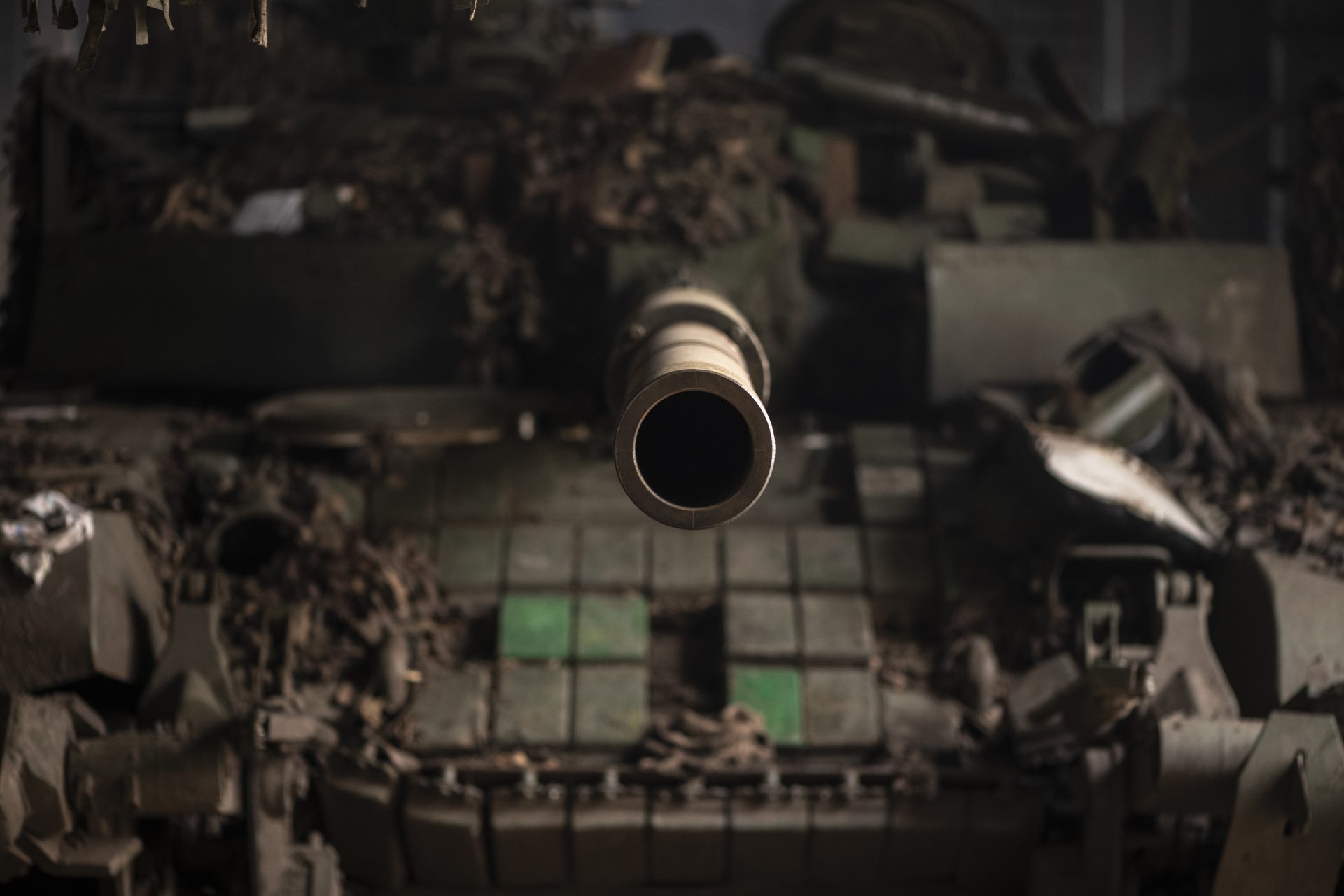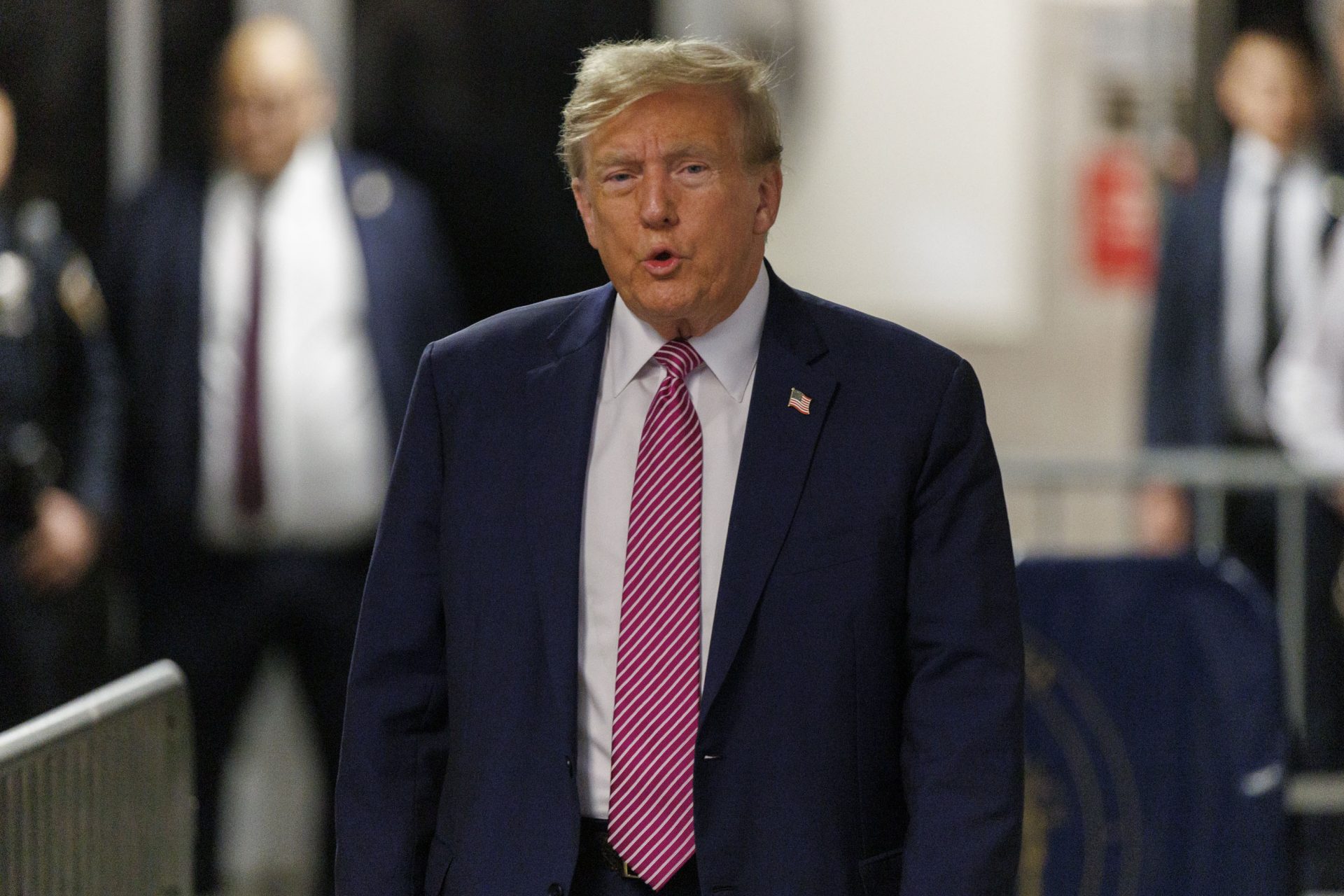Russia is the ‘preeminent threat’ as US and NATO prepare for ‘all contingencies’
The United States and its transatlantic allies are preparing for the possibility that Russia could expand its war in Ukraine into NATO territory according to one U.S. official. Here’s what the official said and why the warning matters.
U.S. Permanent Representative to NATO Julianne Smith explained to reporters on April 2nd during an online briefing that Russia was the “preeminent threat” facing the alliance after being asked if Moscow posed a serious risk.
“Ukrainian President Zelenskyy and U.S. President Biden had, that if Russia advances in Ukraine and Ukraine somehow fails, falls, the next target might be the Balkans. How serious is this threat?” an unnamed reporter asked.
Smith replied by saying: “Well, we do consider the Russian threat to the NATO Alliance to be the preeminent threat that we’re grappling with” before remarking that Russia was listed as a “direct threat” to the alliance back in 2022.
Most of NATO’s time across the defensive alliance has been spent working to figure out the particular threat that Russia posed the alliance according to Smith, but when it came to the Baltic states she said the threat wasn’t imminent.
However, Smith added that the threat of Russia attacking the Baltic region or any other NATO territory was one that the defensive alliance remained a top concern, which Smith noted was why the alliance has enhanced its deterrence and defense since 2022.
“We take the security concerns of our friends in the Baltic states very seriously,” Smith explained, “and we’re taking active steps to enhance our posture there–more exercises, more training – to ensure that we’re ready for all possible contingencies.”
“NATO is not sitting on its hands; it’s not waiting for any possible contingency. Instead, it’s preparing for all contingencies. But I don’t want to give our friends in the Baltic states the impression that somehow war is coming to NATO territory overnight,” Smith added.
However, NATO leaders have been warning for months that Moscow could expand the war, and some officials have even put a timeline on how quickly the alliance might see a Russian attack on its territory or member states.
In February, Danish Defense Minister Troels Lund Poulsen said that a Russian strike on NATO territory could come within the next three to five years. “It cannot be ruled out that within a three- to five-year period,” he said, according to Reuters.
“Russia will test Article 5 and NATO's solidarity,” Lund continued. “That was not NATO's assessment in 2023. This is new knowledge that is coming to the fore now.” However, this wasn’t the only recent warning of a possible future Russian attack.
German Defense Minister Boris Pistorius gave a similar warning in January, noting that an attack could happen within the next five to eight years, while the Estonian Foreign Intelligence Service report noted an attack could come within the decade.
“In the Kremlin’s mindset, they are not only fighting Ukrainians, but their chosen path involves a long-term confrontation with the entire ‘collective West,’” said the Director General of the Foreign Intelligence Service in February according to Politico.
In March, Vladimir Putin laughed off the idea that Russia would attack NATO and stated that the idea his country would strike the alliance was “sheer nonsense” the Associated Press reported. But he warned airbases hosting Ukrainian F-16 bases could be a target.
“Their statements about our alleged intention to attack Europe after Ukraine is sheer nonsense,” Putin said on March 27th. However, recent comments from Kremlin Press Secretary Dmitry Peskov tell a different story.
On April 4th, Peskov told reporters that relations between Russia and NATO “slipped to the level of direct confrontation” according to a Reuters translation. He also added that NATO was already involved in the Ukrainian conflict and was expanding toward Russia.
More for you
Top Stories



